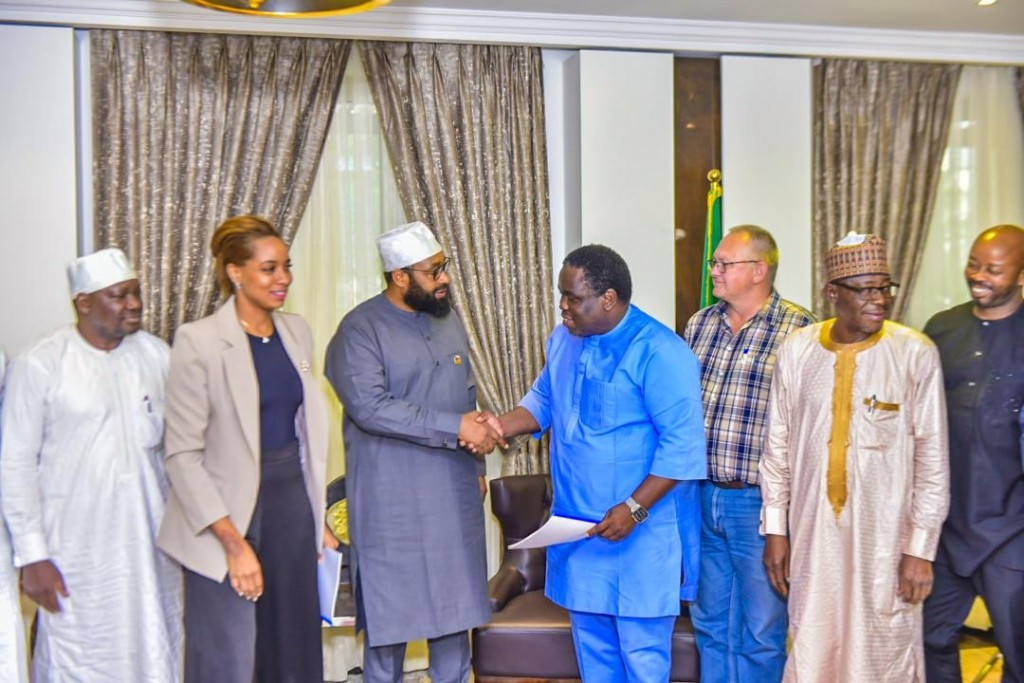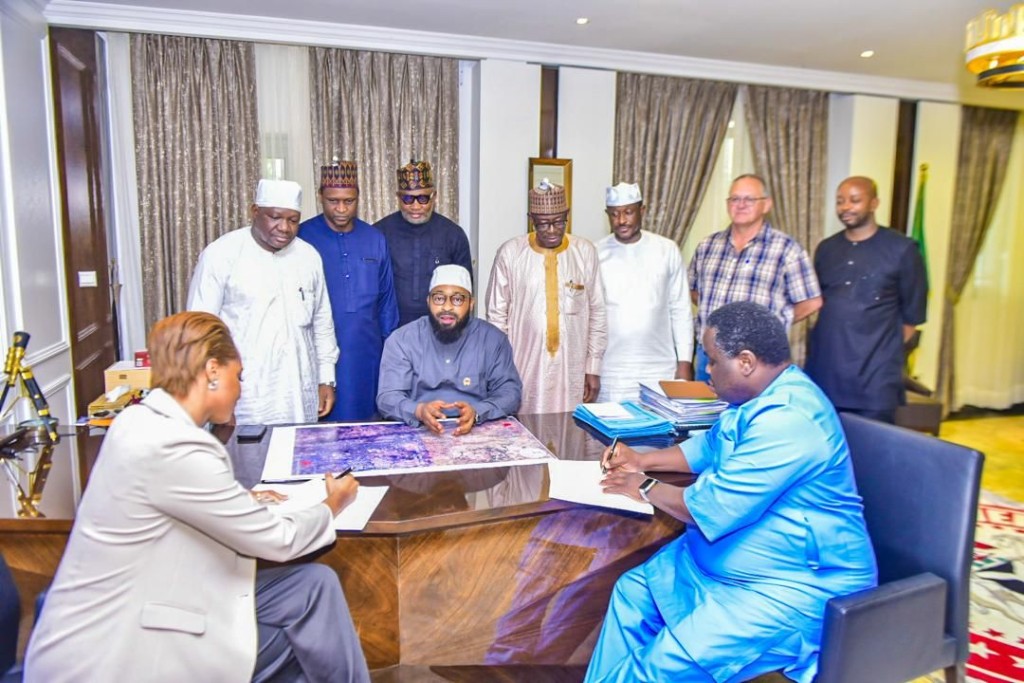DAY 3
The opening prayer was said by the Facilitator. Mrs Chinenye with her team was invited to take us through Day 3.
She briefly spoke about project life cycle, GCA Project Facility and GCF Project Facility, stressing on how they work and how you can access them.
Looking at Case study 1 (project 1)
Do you think a PPP structure is the best or traditional procurement?
Key considerations when you want to adopt a PPP
1. Whatever you do must fall within the enabling Law.
What kind of transactions to consider within the Law not to end up in a situation where the project is declared null or void?
2. To what extent as a guarantor can you exact control over the project.
3. Internal Capacity – does the Government have what it takes.
4. What extent do you want to bear the risk?
5. Timing considerations – some project take time from procurements, assessment etc
6. The nature of the project as well. Some are large size and require enormous capital as well
7. Does Government have what it takes to execute the project.
Reflecting on the contractual structure one can adopt (BOT, BOO, BOOT).
She made presentation on the contractual module, where she explained management contract PPP, Service contract PPP, Lease contract PPP and Concession. The features of each of these and how they work.
The next session started with Mrs Chinenye delivering a presentation on risk management. She asked, what kind of risk have you seen to be very difficult for Guarantor to take to Government agencies to manage.
Risk management is extremely important in PPP. Who owns, who designs, who has the risk responsibility, who has the financial responsibility.
She stressed on Project Specific Risks and Economic General Risk. Others briefly highlighted are demand risk, supply risk, foreign exchange risk, interest rate, duration and the regulatory environment.
Class Discussion: The Sponsors of Project Institutes are seeking financing in the sum of $50,000,000 from a syndicate of International lenders.
Given the current volatility of the Naira, what risk does this pose for the project and are there any way to mitigate any such risk?
To what extent is the right of exclusivity essential to the viability of Project 2? Provide an analogy on the implication of a non-exclusive right being granted to the Concessionaire
The team lead made a presentation on Contract Management Plan coming up with sample template as follows:
i. Project Description
ii. General contract information
iii. Purpose of the Contract Management Plan
iv. Governance Structure
v. Risk Management
vi. Key Contacts, Roles & Responsibilities
vii. Communication & Reporting Procedure
viii. Communication Procedures
ix. Contractual Notices
x. Contractors documents
xi. Reporting Requirement & Procedure
xii. Issues; Escalation Procedure
xiii. Key Contractual Provisions
xiv. Interface management
xv. Contractual Milestones & Deliverables
xvi. Key Performance Indicators
xvii. Underperformance/Default Contractual Actions
xviii. Change Management Process
xix. Insurance
xx. Guarantees and Securities
xxi. Payment plan/Procedures
xxii. Record Management
xxiii. Key Stakeholders Engagement Plan
xxiv. Contract Closure Procedures
xxv. Price Adjustment Procedures
xxvi. Interface Management
At the end of the training an evaluation session was conducted by Mrs Karen to level expectations developed on the first day.
Based on the evaluation result, participant’s expectations were met.
Finally, Benue delegate made the closing remark in which he thanked Power Africa for organizing such a educative training program.
He encouraged participants to implement what we have learnt and stressed that to further drive PPP project, sub national delegates should include in their team PPP (State) Experts and lawyers for most appropriate result.

